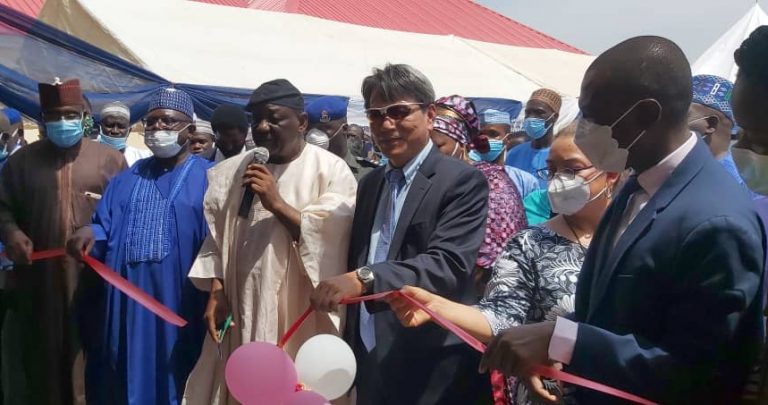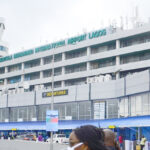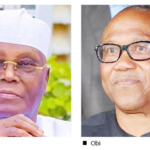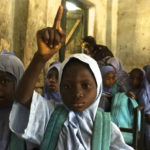The International Organisation for Migration (IOM), in collaboration with the government of the Republic of Korea, the World Food Programme (WFP) and the Adamawa State Government, on Thursday, launched a Multipurpose Community Hall (MPCH) in Yola the Adamawa State capital.
The hall, which is funded by the government of Korea, is to serve as a skills acquisition centre as part of efforts to provide humanitarian assistance in the North East.
- Israel announces ceasefire to end 11-day killing of Palestinians
- Nigeria’s death rate extremely high- N/Assembly
For more than a decade, Northeast Nigeria has grappled with an armed conflict that has left 2.1 million Internally Displaced Persons (IDPs) and worsened the living conditions of many more in the states of Borno, Adamawa and Yobe. Adamawa is home to 209,125 IDPs.
According to the Nigerian Humanitarian Needs Overview 2020, Gender-Based Violence (GBV), including sexual violence, is widespread in the region, in part due to the ongoing conflict, insecurity, and living conditions in camps for IDPs and informal settlements and hosts communities.
The MPCH, commissioned by the Adamawa State Governor, Ahmadu Fintiri, was part of two-million-dollar funding provided to the IOM by the Korean government for humanitarian assistance.
Speaking at the commissioning ceremony, IOM Chief of Mission, Franz Celestin, said the MPCH would also serve as a centre to provide support and empowerment to survivors of GBV.
“This hall was built with the purpose of providing a safe space for those who have been displaced and also for those in the community who need assistance.
“They are invited to come, not only for the day to just relax but to also learn a skill to move on with their lives.
“This hall complements all of the activities that we have been doing to fully operationalize humanitarian development and businesses.
“It will empower women in the community to see a life beyond humanitarian aid. What we are doing here is giving them a hand up to allow them to step forward,” he said.
Celestin said that the centre had been equipped with sewing machines to teach tailoring, fish pens for fish farming, as well as a vegetable garden.
He said that the proceeds from the enterprises at the centre would be used to sustain it and pay participants, adding that the IOM would continue to scale up its intervention.
“The scope is going to reach as many people as possible, we are just testing it to see how many people we can accommodate and we are going to cascade it to reach even more people.
“Now, we have more than 100 sewing machines, there is a fish bond in there where they will learn horticulture and raising fish, which they can sell.
He said IOM chose Adamawa State for the project because of the relative security and protection of investment.
Commissioning the centre, the Governor of Adamawa State commended the Korean government and the IOM for the initiative.
Fintiri, who was represented by the Deputy Governor, Martins Babale, assured that the state government would ensure the sustenance and good utilization of the centre for the purpose for which it was built.
The governor, however, urged the government of Korea and other international organisations to expand their interventions in the state.
He requested the government of Korea to consider indigenes of the state in its academic scholarship programmes, saying the state would also need assistance in the area of technology.
On his part, the Korean Ambassador to Nigeria, Kim Young-Chae, said Nigeria was blessed but stressed that insecurity and lack of peace was foiling the ability of the country to harness its potentials.
“We are aware of the difficulties faced by IDPs and that is why the Korean government provided funding to build this multipurpose hall,” he said.
Simone Parchment, the Deputy Country Director, UN World Food Programme Country Office in Nigeria, said IOM would be providing Mental Health, Psychosocial Services (MHPSS) and Gender-Based Violence referral services to conflict-affected people facing immediate and life-threatening risk in Yola and surrounding areas.
She added that the WFP, on its part, would support these interventions with livelihood and resilience-building activities.

 Join Daily Trust WhatsApp Community For Quick Access To News and Happenings Around You.
Join Daily Trust WhatsApp Community For Quick Access To News and Happenings Around You.


